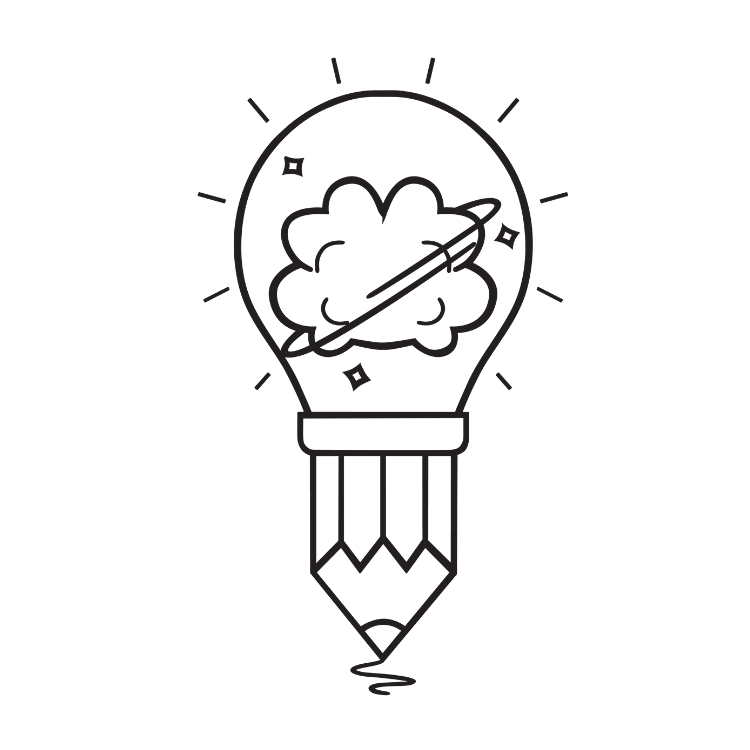What To Take In To An Interview
Interview preparation will increase your confidence. When walking into an interview room, you can take in resources and although you may or may not use them, but by preparing yourself ahead of time, you will have everything at your finger tips.
A frequent piece of feedback after an unsuccessful interview is that they didn't 'sell' themselves. It can hard to sell yourself if you can't remember what you did. It is important to be prepared ahead of time because no matter how confident you feel and how practiced you are, when you in the interview, the stress of the moment can make you forget everything you know and have done.
Here are the basics you should prepare and take in to your interview.
- Prewritten responses
- Leadership Processes + Models
- Role Relevant Policies and Frameworks
- School Relevant Policies and Frameworks
Prewritten Interview Responses
This is an anthology of every leadership story you have lead. Often these are from your selection criteria but could also include older stories as well. I always suggest writing them in the STAR model. I have a whole blog about that here.
These prewritten interview responses also include working with people. In selection criteria, it all about your leadership capacity. In an interview, you are often asked questions about people.
- What would you do if you have a staff member not meeting expectations?
- Tells us about a time when you had to manage a conflict between staff?
Spending time mining through your experiences to find good examples of you working through difficult situations with other people is valuable. Again, write it in a structure that shows the narrative and the steps you took to resolve the situation.
All this time spent pre-preparing example situations will help when you get to the interview. When you get the interview questions, you'll be able to match each one up with the best story that demonstrates your leadership. You will not be spending your time trying to think of situations that fit the questions, but rather, read through the most relevant infomation that you are about to talk about.
Leadership Processes and Models
Leaders have a process they follow. There are many models out there. I like to ensure new leaders have 2 specific models they are using. One is what they do and the other is how they do it.
Choose a leadership process that has a few stages that you work through. It could be school specific or one that you like. I enjoy the 5 phases of the Inquiry Cycle in Education Qld. They are simple and specific to the educational ecosystem I worked in. The 5 phases are in order and allow me to talk about what I will do or have done through this process.
The other model is how you show up as a leader. I like the 5 pillars of The Leadership Challenge and used it in selection criteria, interviews and doing the job. Again, by choosing a model that was focused on 5 core behaviours that I embodied/strived for each and every day, I could weave these into my interviews.
What every yours are, print them and put them in the folder so that you can pull on them in an interview. No matter how well you know them, a stressed brain will limit access to your memory. There is more important things to do than sitting in an interview, than stressing about trying to remember the 5th pillar of a model that you've forgotten in the moment.
Role Relevant Documents
These are documents that will help you remember everything about the role you are applying for.
Some suggestions could include:
- Role description.
- A framework you use in the role.
- A one pager of data that you have achieved in a role.
- A list of common terms specific to the role.
- Copies of or a list of policies you need to know to perform that role.
School Relevant Documents
Projecting into a role in an interview is vital. To do that within the context of a school, you need to know what their priorities are and speak to that as much as possible.
This will include the school's:
- Annual Improvement Plan
- Values, mission and vision
- Pedagogical framework
- Details of any school wide program that you expect you may need to support as part of the leadership team.
In conclusion
- Take in prewritten leadership stories.
- Have a copy of any leadership processes and models you use in your leadership
- Have copies of any role relevant documents;
- and school priority documents.
I provide support to aspiring leaders by preparing you with strategies and mindset tools so that you show up as your most confident self in an interview. If you'd like to chat about how I can help you, the easiest way is to book in a free 30 minute call to discuss your needs.

